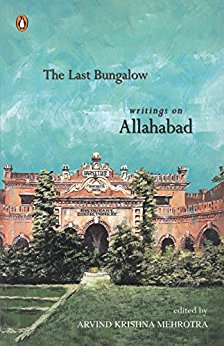We Allahabadis grew up carrying our own mythology in which fact, innocence and provincial arrogance mingled in equal proportions. But let me get to the facts. The city of Allahabad, a dot on the map like a mustard seed placed exactly where the spidery, hairline-blue veins of two big rivers meet, was not just another nondescript settlement in the great Indian outback. It was a prominent administrative hub during the Raj, with a high-profile cultural identity all its own. It is to this once-great centre of high learning, activism and literary output that The Last Bungalow: Writings on Allahabad, edited by Arvind Krishna Mehrotra, is dedicated. An intermesh of Hindu, Islamic and British influences, Allahabad supplied a battery of civil servants, jurists, politicians, writers, scientists and academics to India’s cutting-edge history-makers. Reading through an account of an average day in the autobiographical anecdotage about the city is like walking through a gallery of India’s Who’s Who not so very long ago.
It has been an immense pleasure reading this collection of writings about the city, to revisit bungalows, streets, parks, fairgrounds and bridges highlighted by Hsiuan Tsang’s voice-over, or Ralph Fitch’s quaint Elizabethan locutions, or Fanny Parkes’s lively nineteenth century outpourings or Bhola Nath Chunder’s Victorian jottings or Kipling’s perky confidences or Mark Twain’s intrigued observations.

